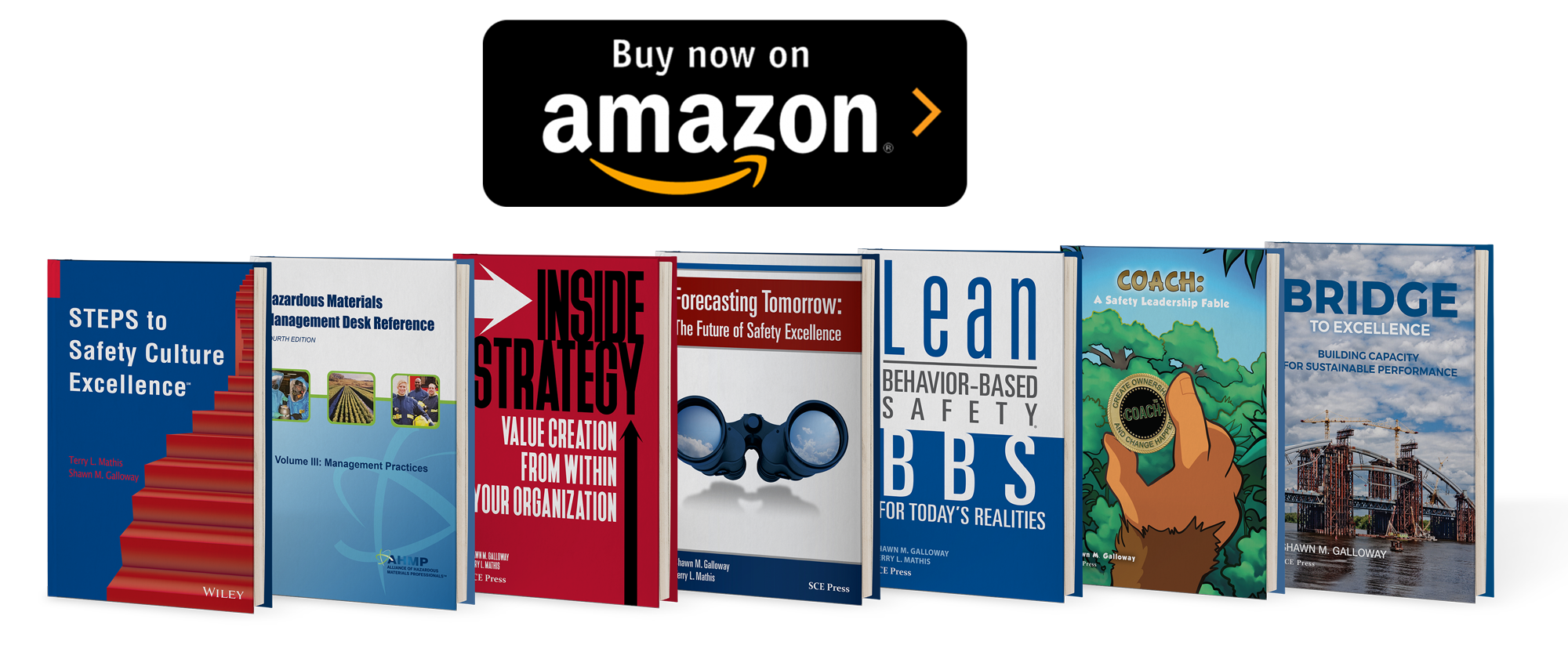BIC - April 2016
By: Shawn M. Galloway
Printable Version
The organizational structure of today resulted from the theories and practices of yesterday. As companies evolve, "do as you're told" leadership styles are being supplemented or replaced with an increasing amount of influencing and collaborating.
Henry Ford once asked, "Why is it every time I ask for a pair of hands, they come with a brain attached?" Over 100 years ago, if you worked on an assembly line, you were to do as you were told, not think about it and hang your brain at the door. "Do as you're told" became routine.
When hands and feet are the targets, doing the minimum necessary becomes common and so do other undesirable behaviors. Imagine finding yourself a passenger of a vehicle speeding down the road, and then you see a police officer ahead. What does the driver do? He or she slows down. What happens after he or she passes the officer and the patrol car can no longer be seen? The driver most likely speeds back up. Now, what if the driver is pulled over and issued a citation for the errors of his or her judgment? Will that person never speed again, or will he or she drive to an electronics store to purchase a radar detector to get better at not getting caught? This is an example of avoidance behavior.
We will never achieve operational reliability of safety excellence when the predominant behavior is to work to not get caught. How is performance addressed in your organization - through policing or coaching? I've never seen a company punished into excellence. Gone are the days when moving hands and feet accomplished the necessary results. In any form of business, the external market share and internal attention share only experience a significant step change increase with a highly engaged workforce, where providing more effort than required to collect a paycheck becomes expected by your peers.
To capture hearts and minds, four elements must be addressed:
Involvement - At a recent engagement where employees were put in charge of an improvement project for the first time, a long-term employee told me: "I've always been the driven. For once, I'm the driver." W. Edwards Deming said it best: "People support what they help to create." If you want more than compliance and desire ownership in a transformation, seek to provide involvement in the design, decision, vision and execution.
Rationale - Research shows one of the main triggers of resistance to change is ineffective communication. If people do not understand the reason for the change, few will follow willingly.
Value Proposition - Further research shows if people do not like the change or don't like who is leading it, it will also create resistance to change. People respond emotionally to change before they respond logically. Make sure you focus more on how this will deliver value to them and for what and whom they care than how this will benefit the company.
Fit - Michael Porter pointed out this: "Strategy is about making choices, trade-offs." It involves creating "fit: among a company's activities. Many times with attempts to get more out of people, how this fits with other priorities and values isn't effectively communicated. People pay attention to what the boss pays attention to. Does this fit within the known goals and objectives, or does it conflict with them?
If we want to move the culture from edicts to discretionary effort and a desire to want to do more, we have to look at how we as leaders are leading. We are responsible for the current results and culture. What are you currently focusing on with your performance improvement efforts - moving hands and feet, or involving and influencing hearts and minds?
 Shawn M. Galloway is the CEO of ProAct Safety and co-author of several bestselling books. As an award-winning consultant, adviser, leadership coach and keynote speaker, he has helped hundreds of organizations within every major industry to improve safety strategy, culture, leadership and engagement. He is also the host of the highly acclaimed weekly podcast series Safety Culture Excellence®.
Shawn M. Galloway is the CEO of ProAct Safety and co-author of several bestselling books. As an award-winning consultant, adviser, leadership coach and keynote speaker, he has helped hundreds of organizations within every major industry to improve safety strategy, culture, leadership and engagement. He is also the host of the highly acclaimed weekly podcast series Safety Culture Excellence®.
For more information, call (936) 273-8700 or email info@ProActSafety.com.
